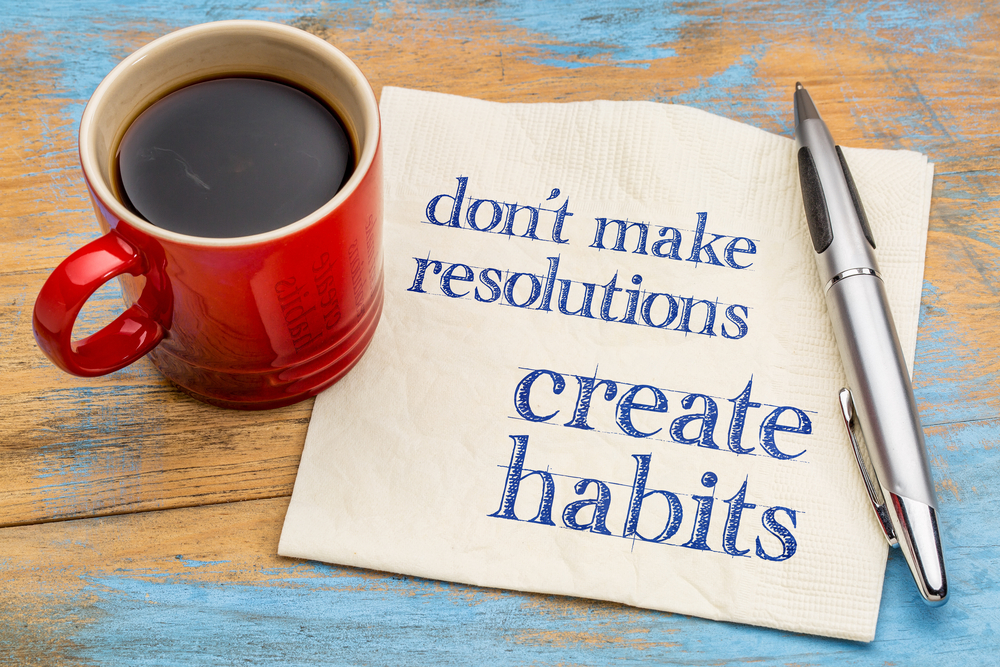Who are you? When asked this question, you’ll likely respond using your qualification, profession, age, or family related markers to describe yourself. But there’s another factor that forms a significant component of who you are – your habits.
Repetitive behaviors or habits bring stability, and are therefore closely linked to a person’s identity. Therefore, changing habits and lifestyle becomes much easier when you focus on your identity! Research shows that people can sustain desired habits by picturing who they want to be, and by taking up practices that further their goal of reaching that ideal persona.
So, how do you start setting goals?
The same study mentions two methods we can begin with: the promotion style and the prevention style. The former encourages thinking about what you should do and be, while the latter is the opposite; you focus on what you don’t want yourself to be.
These styles can be helpful in different circumstances. Is there a harmful habit, such as smoking, which you want to quit? Tackling it with the prevention style is probably better, as it will help you focus on who you don’t want to become. The promotion style might not work as smoking is still associated with an admirable, if rebellious, personality.
Similarly, if there is a habit you want to pick up, such as meditation, apply the promotion style. Picture yourself as a calm, attentive, and healthy person, and meditation will help you reach that goal.
Now that you know how to set your goals…
…remember that the goals don’t need to be big! In fact, it’s better to come up with smaller, more achievable goals that are easy to accomplish but lead you in the direction of your desired objective.
If your goal is to become a tidy person, don’t start with organizing your entire house every day; that will lead to a fairly quick burnout. Instead, you can begin by making your bed in the mornings. Once you’ve mastered that, add something else to your routine, like arranging your desk.
Micro goals like these eventually build up, and with time, you’ll be organizing your house without breaking a sweat. James Clear, author of Atomic Habits, refers to these goals as small wins that help you prove your identity to yourself, encouraging you to keep going and achieve the original daunting objective.
Habits are a great way to gain control
People often feel that they cannot control the way they are, leading to a feeling of inadequacy. Given that habit-building is frequently internally guided, it can help develop that sense of control.
Even though external factors can influence the habits you build (for example, waking up earlier to exercise before your stipulated work hours), the decision to work on them (wake up early) is ultimately yours! Building habits to achieve your desired identity allows you to gain self-mastery, resulting in increased confidence and the ability to shape who you are.








